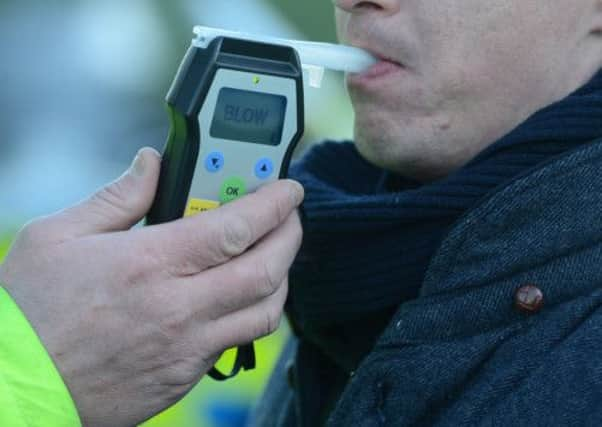New legislation to crack down on drug driving


• The Scottish Government has unveiled a zero tolerance approach to drug driving in new legislation plans
• Eight illegal drugs are set to be covered by new proposal, including cannabis, cocaine and ecstasy
Advertisement
Hide AdAdvertisement
Hide AdIt is thought that eight illegal drugs will be covered under the new proposals, including cannabis, ecstasy, cocaine and heroin.
A joint consultation has been launched today by the SNP Government at Holyrood and the UK Government, but justice secretary Kenny MacAskill said Scotland may follow a different policy.
The SNP has already set out plans to lower the drink drive limit.
But Mr MacAskill said today: “We must not lose sight of the problems caused by drug drivers.”
He added: “The Scottish Government is determined to do everything we can to make our roads safer and save lives.
“Having the power to set drug driving limits is a useful responsibility to have as part of our desire to improve road safety in Scotland. Alongside the existing offence of driving while being impaired through drugs, this new offence will help police and prosecutors tackle irresponsible drug drivers more effectively as it will no longer be necessary to prove impairment on a case by case basis in order to obtain a conviction.”
The Scottish Government is considering a limit just above a level where a person might have naturally occurring levels of a drug within their bodies, a zero tolerance approach, for all controlled drugs.
But it could also adopt a softer approach where a limit is set at a level where the amount of drugs within a person’s body will affect their ability to drive.
There may also be a mix of a zero tolerance approach for illegal drugs such as cannabis and cocaine and a road safety approach for medicinal drugs.